Beyond the Alphabet

Beyond the Alphabet is a weekly column that focuses on the tech world both inside and out of the confines of Mountain View.
There’s a definite argument to be made that the last three years have all been the “best” for ChromeOS and Chromebooks. While Chromebook sales skyrocketed during the pandemic, Google and its partners have reinvigorated a platform that frankly felt a little stale. That’s no longer the case, but it also doesn’t mean that there isn’t room to grow.
I’ve had so many different Chromebooks come across my desk over the past year that it’s been enough to make my head spin. This isn’t a bad thing by any means, but it just further proves the point that the market is growing.
Just in 2023, we saw Google increase the longevity of ChromeOS devices, a proper Minecraft version was released, and Chromebook Plus was the first step in what feels like a more expansive roadmap. Not to mention all of the quality-of-life changes and feature additions that have come to ChromeOS every month.
That being said, here are a few things that I want to see from ChromeOS and Chromebooks throughout 2024.
Bring on Bard and Gemini
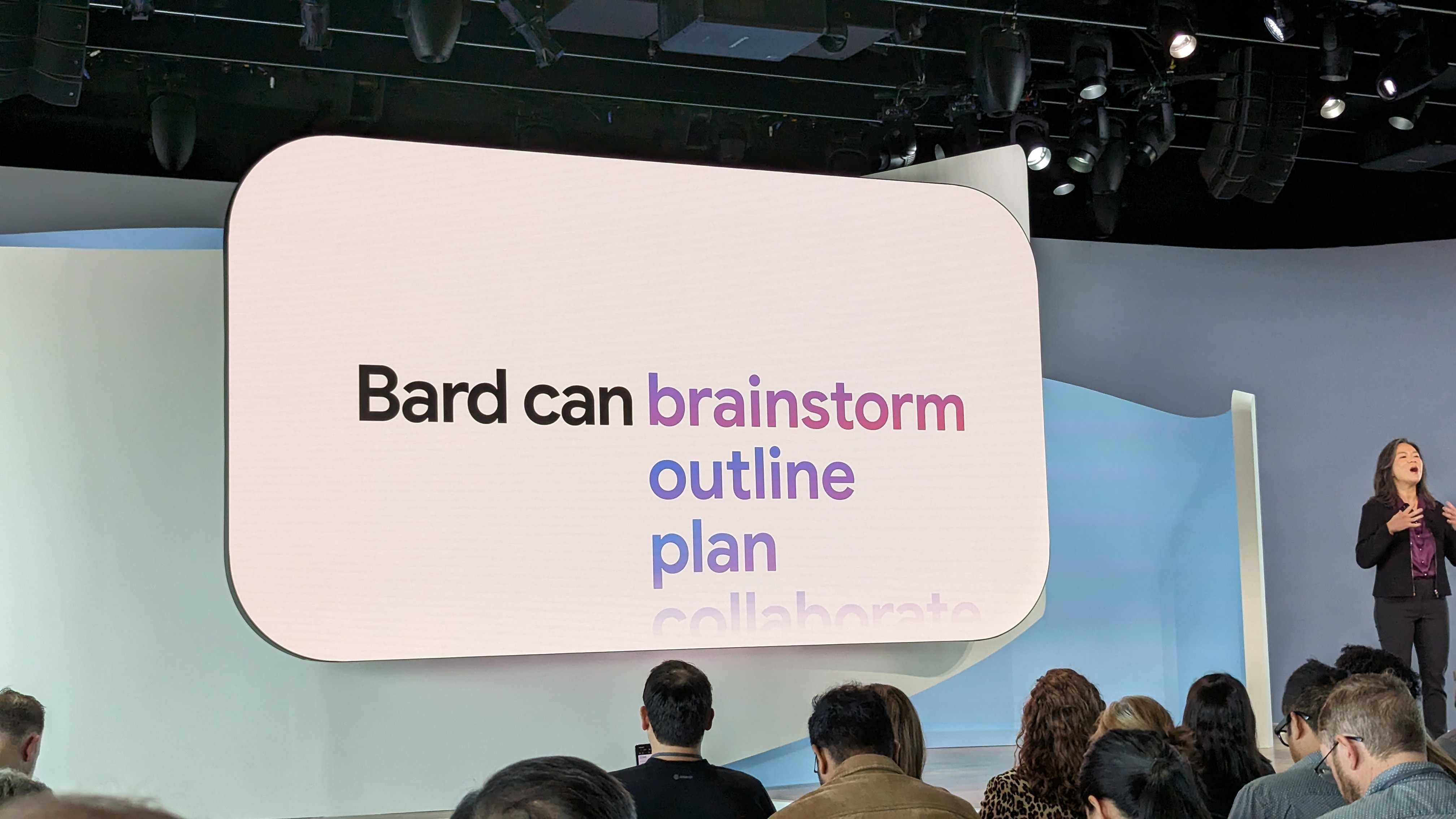
Ever since Microsoft Copilot was announced, I’ve been on record saying that this is what Google should have done with Assistant on ChromeOS. While a lot of things have changed since then, I’m still keeping my fingers crossed that this will eventually happen.
Assistant is already built into ChromeOS, but even when you ask it a question, it takes you to a browser window. Copilot answers the question for you, while including links to sources and citations, letting you decide if you want to explore the topic further. Microsoft also has big plans for Copilot in Windows, far beyond simply using it to toggle dark mode or turn on Do Not Disturb mode.
Google could have beaten Microsoft and OpenAI to the punch, but with the announcement of Gemini, I’m hopeful that there’s something in store for 2024. Chromebook Plus kind of opened the floodgates a bit, as there are a few AI-infused features available for compatible devices. It’s also possible that Assistant with Bard will be the answer to Copilot, but, that’s dependent on the promised improvements coming to ChromeOS.
More Chromebook tablets
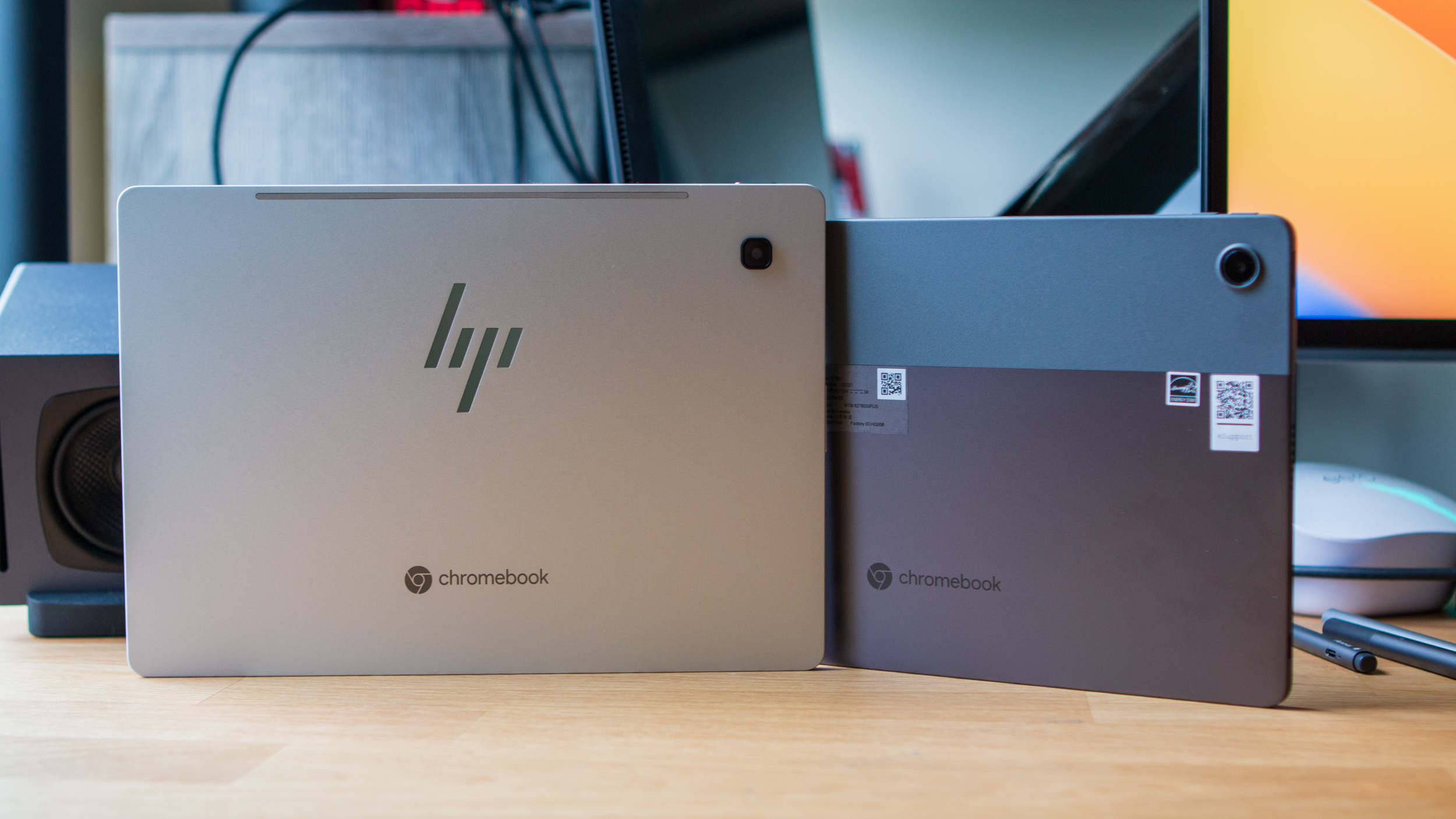
Originally, this was just going to be a piece about ChromeOS from strictly a software perspective, but I also have hopes and wishes for new Chromebooks. The first of which is that I’m hoping that we will see more Chromebook tablets released in 2024, and not just ones from Lenovo. The Chromebook Duet 3 and Duet 5 are both still incredible devices. However, they are also getting a bit long in the tooth.
They are both powered by the Snapdragon 7c Gen 2 SoC, which was originally announced in May 2021. Qualcomm has since announced or introduced several different Arm processors that could power new hardware, but that hasn’t come to fruition.
There’s a chance this could change following Qualcomm’s announcement of the Snapdragon X Elite platform. But, even if that’s not the case, I would still like to see something like a successor to the HP Chromebook x2 11, or at least a new version of the Duet 3 and 5 with more power.
The return of the Pixelbook
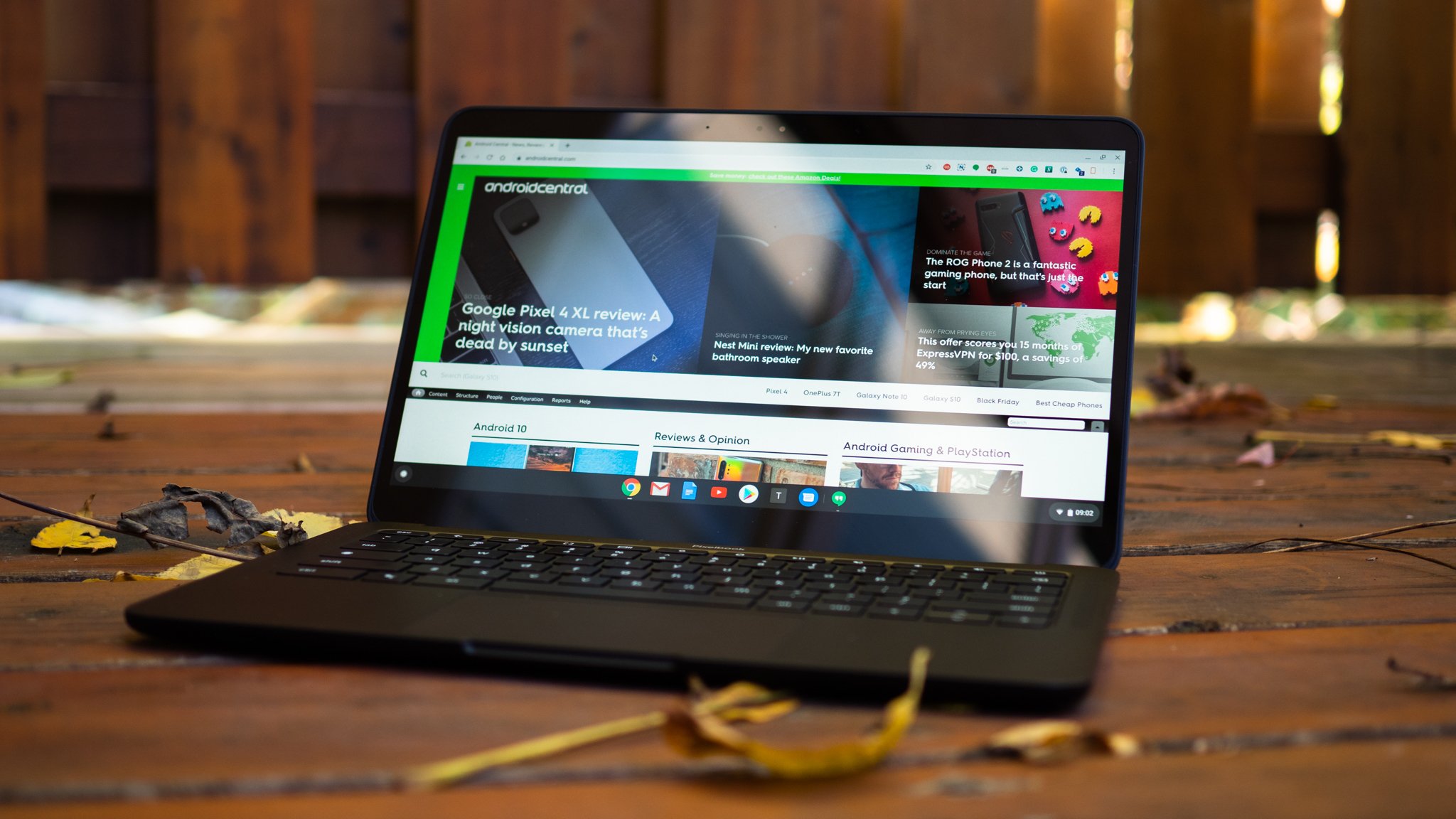
This year, we saw Google release 3/4 of the “Pixel-perfect ecosystem” that I’ve been dreaming of with the Pixel 8 Pro, Pixel Watch 2, and Pixel Tablet. But it’s still missing that last piece of the puzzle, and that’s a revival of the Pixelbook.
As I reflect on what I’ve written previously, I was probably naive in thinking that the Tensor platform was ready to be implemented into a Chromebook. But after seeing what Google is doing with Chromebook Plus and what Gemini promises to bring, the idea of an AI-infused Chromebook sounds like a dream.
I’m still of the mindset that Chromebook Plus was just the appetizer for what the future of ChromeOS looks like. I mean, it’s not like Samsung is going to announce the Galaxy S24 and S24 Plus without having the Galaxy S24 Ultra. There’s room for a higher-end segment that houses the likes of the HP Dragonfly Pro Chromebook, Framework Laptop Chromebook, and others.
What better way to make a splash leading into 2024 than bringing Assistant with Bard to ChromeOS, along with new AI features, all packed into a Google-made Chromebook?
Continue to improve the Steam experience
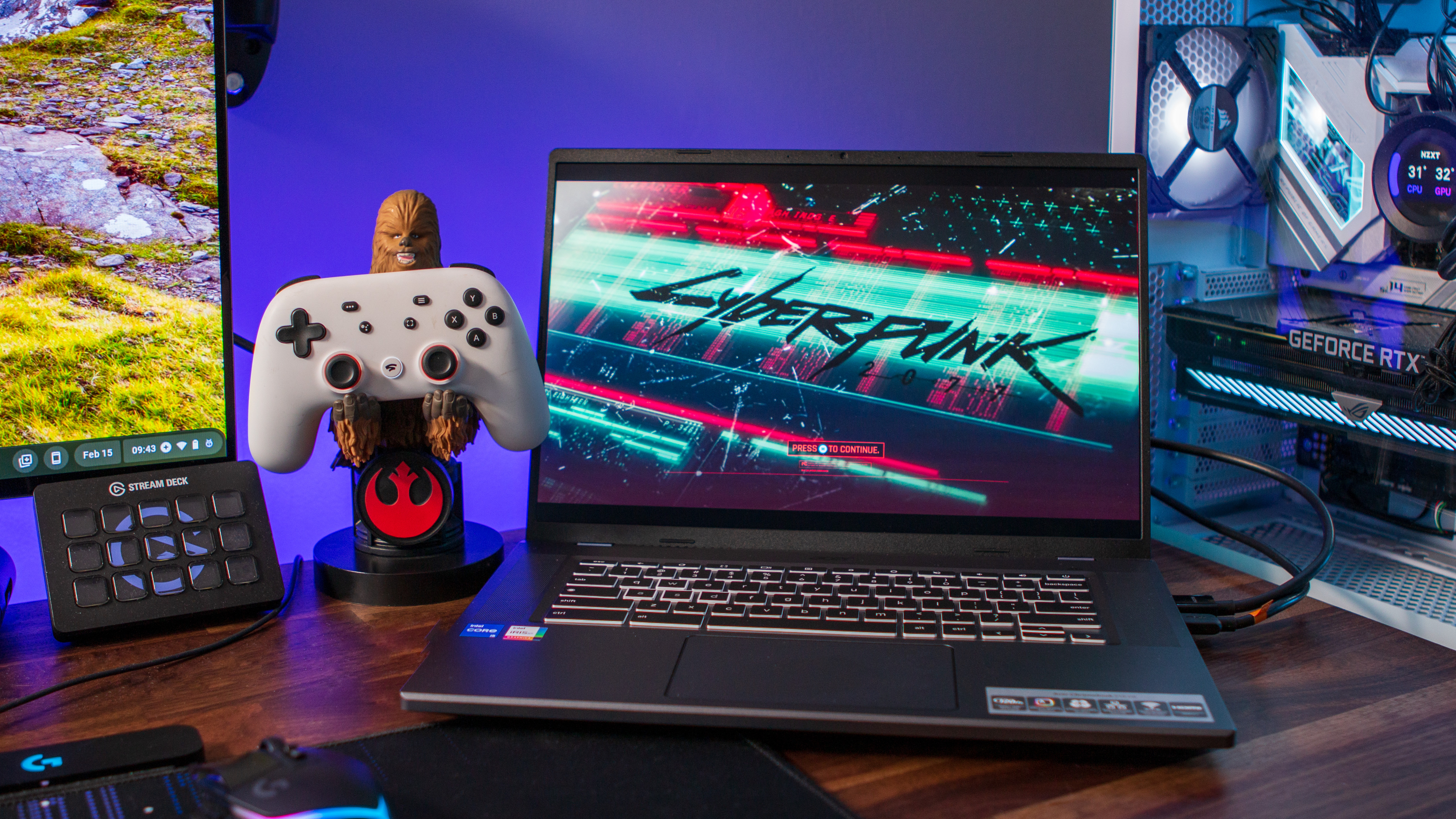
Rounding out a few of the things I want to see from ChromeOS and Chromebooks in 2024 is an improvement to the Steam experience. The work that Google and Valve have done to even make it possible to install Steam on a Chromebook is simply incredible. You don’t have to jump through a bunch of hoops to get things working, but you aren’t able to play just any game within your Steam library.
After seeing gaming Chromebooks hit the market, I was hopeful that we would see at least one new model that uses a dGPU. Unfortunately, that has yet to come to fruition, and while Intel and AMD continue to improve the onboard graphics performance, there’s still no replacement for having a dedicated graphics card.
It’s not so much that I want to be able to play all of the latest AAA titles on my Chromebook, but I’d like to have more flexibility. Let me play games that are more graphics intensive than Stardew Valley or Celeste. While we’re at it, can we stop pretending that 128GB of storage is enough for a Chromebook?
I’m excited for whatever’s next
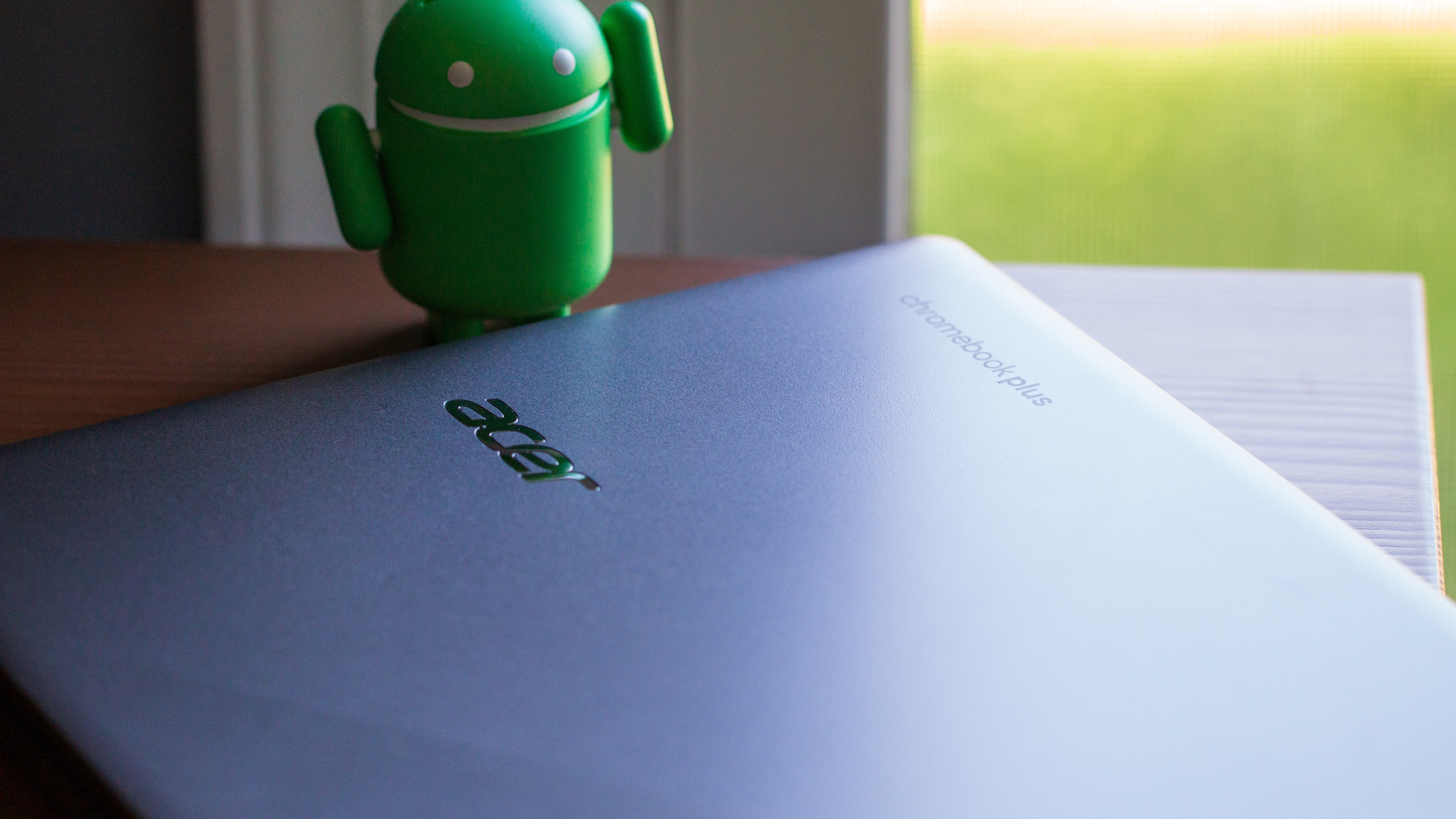
Unlike last year, when I thought that Google and its partners would be focusing on the gaming segment, I don’t have a good idea of what’s to come. Clearly, I was partially wrong about gaming Chromebooks, to begin with, so maybe it’s a good thing that I’m able to go into the next year without any expectations.
The only thing that I’m sure of is that ChromeOS will continue to grow and mature, and I’m all for it. I’m just hoping that there’s something that comes out of ChromeOS or the Chromebook market that absolutely blows our minds. But even if that doesn’t happen, ChromeOS is in the best place it’s ever been.




